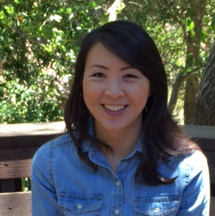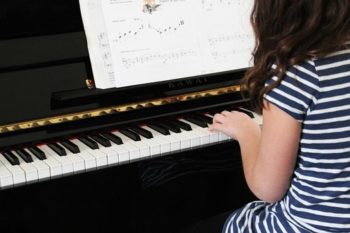 Students Own Their Learning Assessments
Students Own Their Learning Assessments
This post is ninth of a series based on excepts from my book on Student-Engaged Assessment: Strategies to Empower All Learners by Laura Greenstein and Mary Ann Burke (2020). You can purchase the book from Roman and Littlefield for charts, examples, and worksheets on how to engage students to become owners of their learning successes.
Components of Student Owned Assessments
Components of students owning their learning assessments include:
- Learning intentions and outcomes are clear from the start. Learners understand what and how they will be learning and why it is relevant and worthwhile.
- Student owned assessments respect and respond to the student’s needs, interests, and abilities. For example, Bruno is excited when he learns he can pick which era and which president to research for his project. Bruno plans to present his research in a game format that he intends to align with the learning goals and rubric.
- Social and emotional skills are the foundation for progressing successfully towards personal mastery. For Murray, as he develops self-regulation, he notices that his grades also get better.

Mary Ann Burke, Ed.D., Digital Education Expert, is a substitute distance learning teacher for Oak Grove School District in San Jose, California and the author of STUDENT-ENGAGED ASSESSMENT: Strategies to Empower All Learners (Rowman & Littlefield: 2020). Dr. Burke creates digital language arts and substitute teaching K – 12 activities for teachers and parents. She is the Cofounder of the Genparenting.com blog. Burke is the former Director II of Categorical & Special Projects for the Santa Clara County Office of Education that supports 31 school districts serving 272,321 students in Santa Clara County. She is also a previous Director – State & Federal Compliance for Oakland Unified School District, the former Director – Grantwriter for the Compton Unified School District, and was the initial VISTA Director for the Community Partnership Coalition in southern California. Much of her work focuses on creating innovative digital trainings and partnership programs for teachers and families to support students’ learning. These programs were featured as a best practice at a National Title I Conference, California’s Title I Conferences, AERA Conferences, an ASCD Conference, the NASSP Conference, and statewide educator conferences.
 Teaching Engaged Students
Teaching Engaged Students Student Learning Goals
Student Learning Goals How Parents Can Support Student Success
How Parents Can Support Student Success
 When I tutor students in the Goggle classroom, I listen and watch them carefully as they describe how they prefer to learn when reading and writing. For example, one student may describe how she gains lots of information about a story by looking at the pictures in the story first. Another student may want to write down his answer about what he just read before summarizing the story in two sentences. A third student may prefer drawing pictures or acting out the story before discussing or writing a story.
When I tutor students in the Goggle classroom, I listen and watch them carefully as they describe how they prefer to learn when reading and writing. For example, one student may describe how she gains lots of information about a story by looking at the pictures in the story first. Another student may want to write down his answer about what he just read before summarizing the story in two sentences. A third student may prefer drawing pictures or acting out the story before discussing or writing a story.